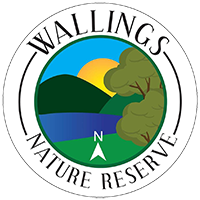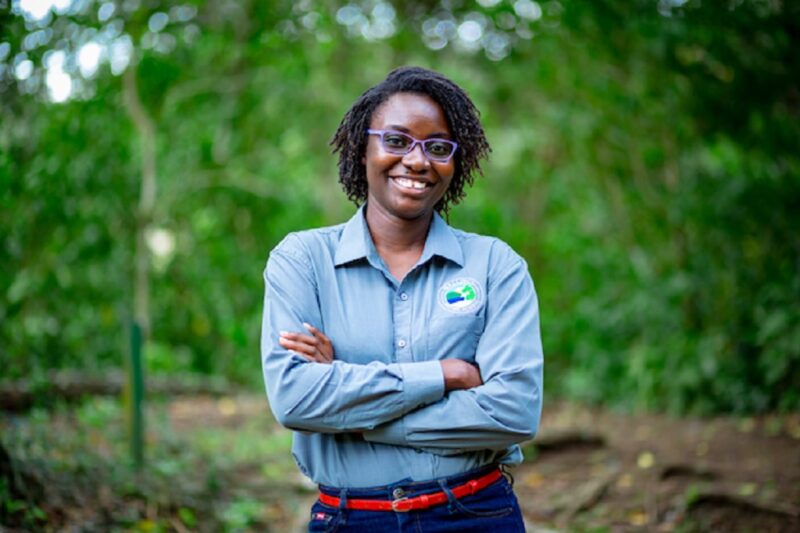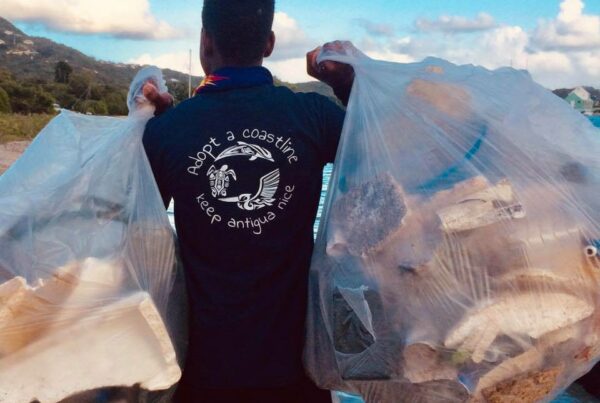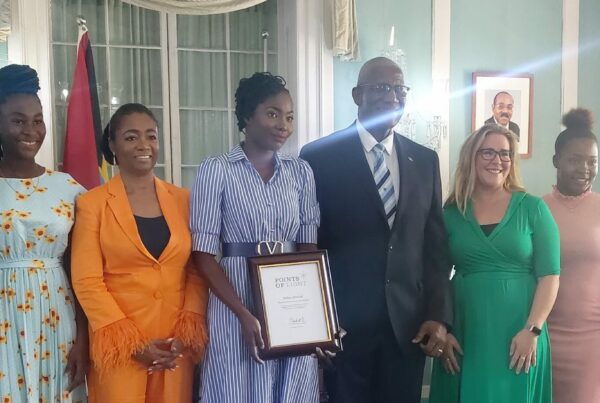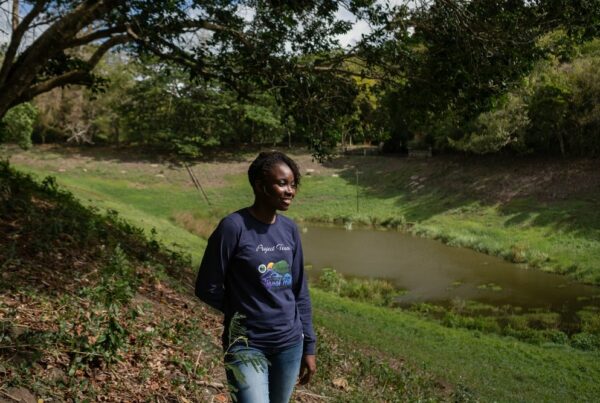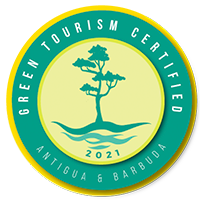The United States Forest Service (USFS) has recently concluded a five-day regional seminar in Trinidad and Tobago as part of its Natural Infrastructure for Caribbean Resilience (NICaR) program.
Participants from environment protection institutions, community-based organizations, and tertiary institutions from five NICaR grantee countries—Antigua and Barbuda, Dominica, Dominican Republic, Jamaica, and Trinidad and Tobago—as well as partner institutions in the United States attended the event.
The main objective of the seminar was to promote best practices and practical solutions implemented by grantee organizations to foster resilience to climate change impacts in the Caribbean region.
The five-day forum focused on restoration initiatives implemented by NICaR grantees to increase resilience to climate extremes and preserve biodiversity.
Throughout the seminar, participants engaged in discussions and knowledge-sharing sessions and explored innovative solutions to enhance upland forest restoration, conservation, disaster risk reduction, and urban resilience.
The seminar also saw visiting grantees participate in the annual Fondes Amandes Community Reforestation (FACRP) Gayap, or community workday, led by FACRP, the grantee partner.
The three-day field activities featured cultural exchanges and support for community-led disaster risk reduction and fire prevention activities in the high-risk areas of Carenage and St. Ann’s.
The Antiguan representation was in the form of Wallings Nature Reserve Inc. through its Executive Director, Refica Attwood.
Wallings Nature Reserve is the first community-managed National Park in Antigua and Barbuda. The NPO monitors, maintains, and provides insight into environmental management practices for areas around the island.
Through NICaR grant support, Wallings Nature Reserve has advanced its work in upland forest restoration. This includes transforming the Wallings Forest Area through The Signal Hill Reforestation project.
The reforestation of Signal Hill saw the introduction of a fire barrier, the planting of over 1500 trees, and the mobilizing of over 300 volunteers in the upland forest area. This was also the primary focus of the organization’s intervention at the seminar.
Wallings Nature Reserve also participated in the community workday, helping the communities to create fire breaks, clear fire lines, and pathways to reduce the occurrence of bush/forest fires.
In speaking to the importance of the event, Program Manager for NICaR, Shelly-Ann Lawson Francis said, “We are bringing together grantees across the region who are facing similar concerns and who have innovative approaches to addressing these concerns. Even though we have common challenges, we can change how we apply the strategies to address these concerns.”
The NICaR Program, implemented by the USDA Forest Service International Programs Office with support from the U.S. Department of State Bureau of Oceans and International Environment and Scientific Affairs, supports 18 organizations across nine Caribbean countries through mangrove, upland forest restoration, and disaster preparedness initiatives.
In total, grantees have received USD 577,000 to implement resilience actions
